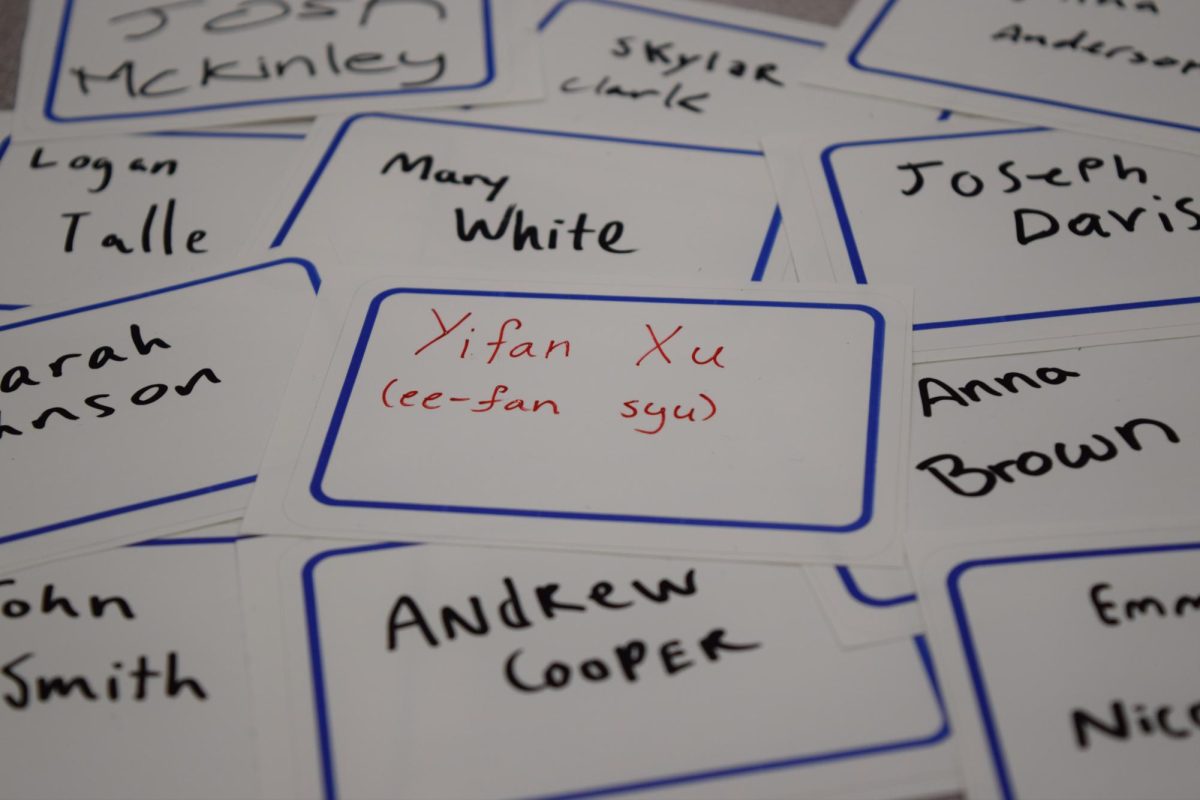For Creek’s ILC Students & Staff, COVID-19 Meant “Overcoming Hurdles On A Daily Basis”
The ILC adaptive theater class is rehearsing for their play, Peter Pan. In adaptive theater, students with disabilities and students from the general Creek population pair up to build a strong bond with one another. COVID-19 made this program and others more difficult for ILC students.
November 11, 2021
The continual changes caused by the COVID-19 Pandemic required an unprecedented amount of adaptation to continue effectively teaching students with disabilities. The ILC (Integrated Learning Center) at Creek is back in class full time after the challenges that both students and teachers experienced last year.
Consistency is vital to teach ILC students, Melisande Holohan, mental health provider for all ILC students and students with ASD (Autism Spectrum Disorder), said. “They’re really, really helped by routine …. and that was heavily impacted last year.”
One routinary activity that changed drastically during COVID-19 was the program called Community, where students would interact with strangers in public as a part of their education. Students in the ILC work with their teachers to achieve educational, behavioral, or social goals called IEP (Individualized Education Program) goals – which is accomplished through Community.
“Community is an opportunity for our students to do some learning in the real world about how to interact with people, how to ask for help, how to find a bathroom, all of those things,” Melisande Holohan, mental health provider for all ILC students and students with ASDs (Autism Spectrum Disorders), said.
However, last year, the ILC was not allowed to leave the school when they were in-person, and learning through a screen was an even bigger obstacle.
“A big challenge for our program was figuring out how we work on those skills that are written into their IEPs without actually having access to those community resources.” Holohan said. “There’s no real way to work on interacting with strangers and strange environments when you’re in a familiar environment with familiar people.”
Yet Community learning persisted, albeit in a different format. Garrett Ostedgaard, a Severe Needs teacher, had to get creative.
“We had to create experiences that they would have normally gotten in a community setting,” Ostedgaard said. “We went on virtual field trips to go and take tours of aquariums, or we would read social narratives about going to the grocery store and answer comprehension questions about those.”
Tony Poole, the Assistant Superintendent Special Populations, felt that CCSD special needs staff and teachers did as best they could to provide for students.
“It seemed like we were solving problems and overcoming hurdles on a daily basis because it was all so brand new.”
Even so, Poole is concerned about the potential shortcomings of special education in the district during COVID. “What we’re busy trying to do is get kids back in class and find out if there are any gaps in their knowledge and in their IEP goals, and then we’re going to try to fix it.” he said.
“We’re having to reteach a lot of skills and getting those students we adjusted back to school full time,” Ostedgaard said.
Besides catching up students, the ILC is operating as it did before the hectic end of last school year.
“Students are really excited to be going back out and parents are excited that we are able to teach the functional skills that their kids need,” Ostedgaard said.
ILC is an educational program where Cherry Creek students with disabilities take steps towards self-reliance.

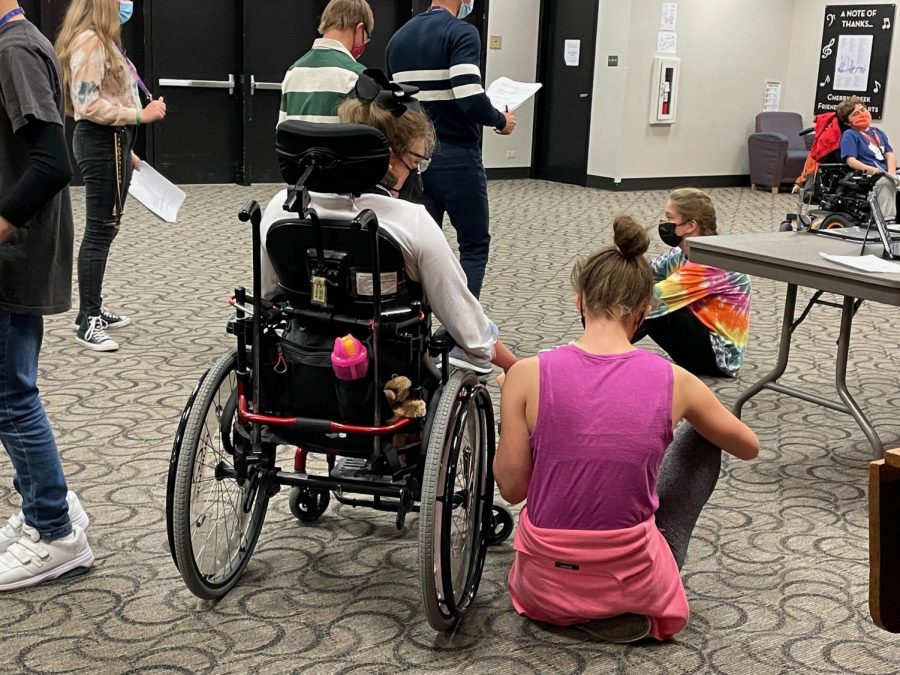

![Senior Stefven Klein sits in a tree with his freshly finished, historically accurate, handmade outfit. Klein has been sewing since he was five years old and started making his own clothes only a few years ago. “[Sewing] helps you kind of slow down your mind and focus on what's happening in the moment,” he said. “You realize that if you're putting stress into what you're doing, you're going to mess up, and you need to take that step back to calm yourself down.”](https://unionstreetjournal.com/wp-content/uploads/2021/11/Screenshot_20210411-181906_Video-Player-e1637099117728-300x392.jpg)

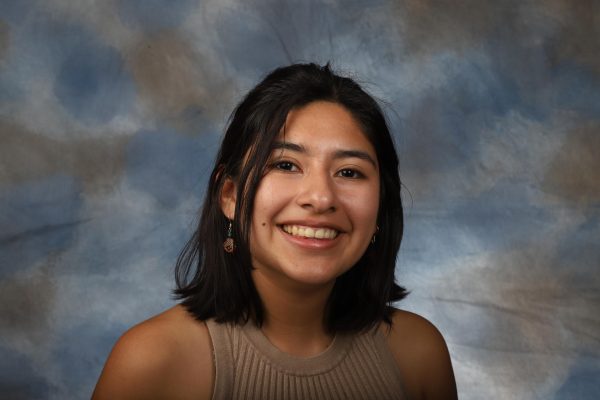




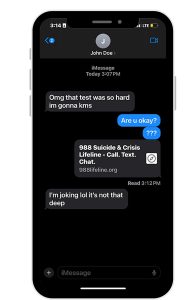







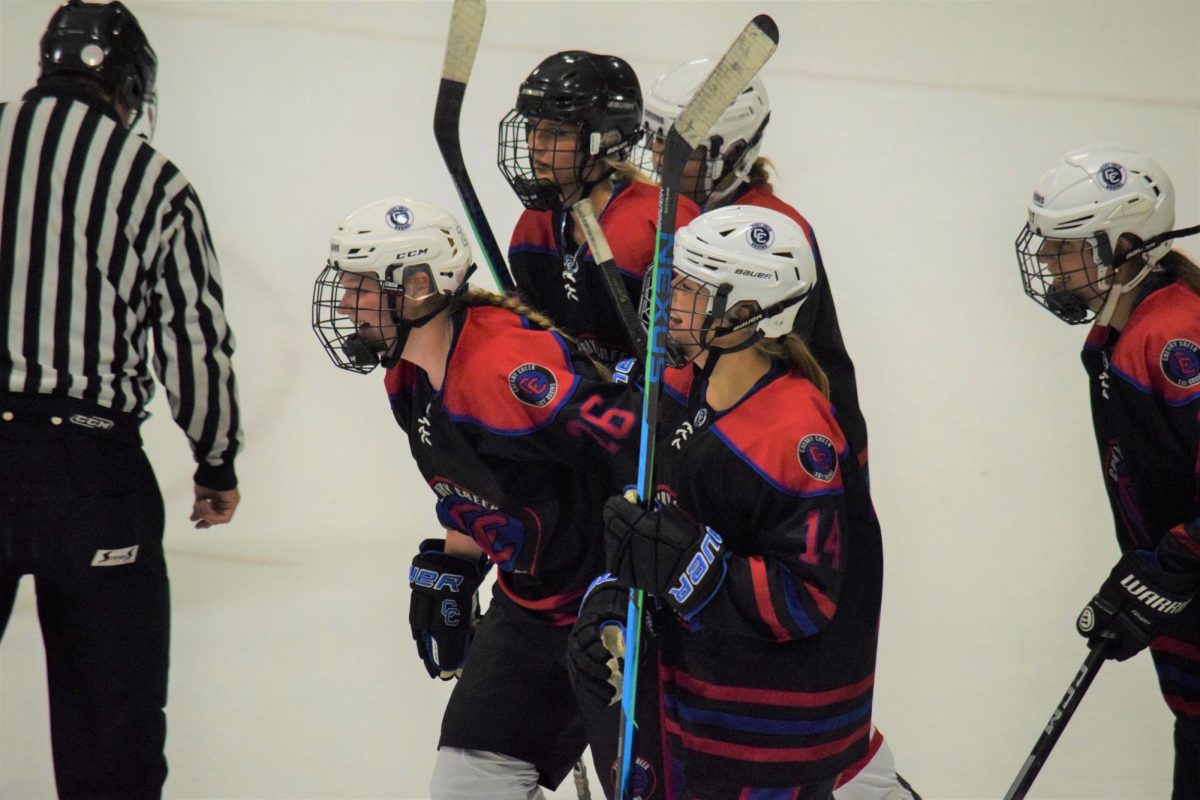
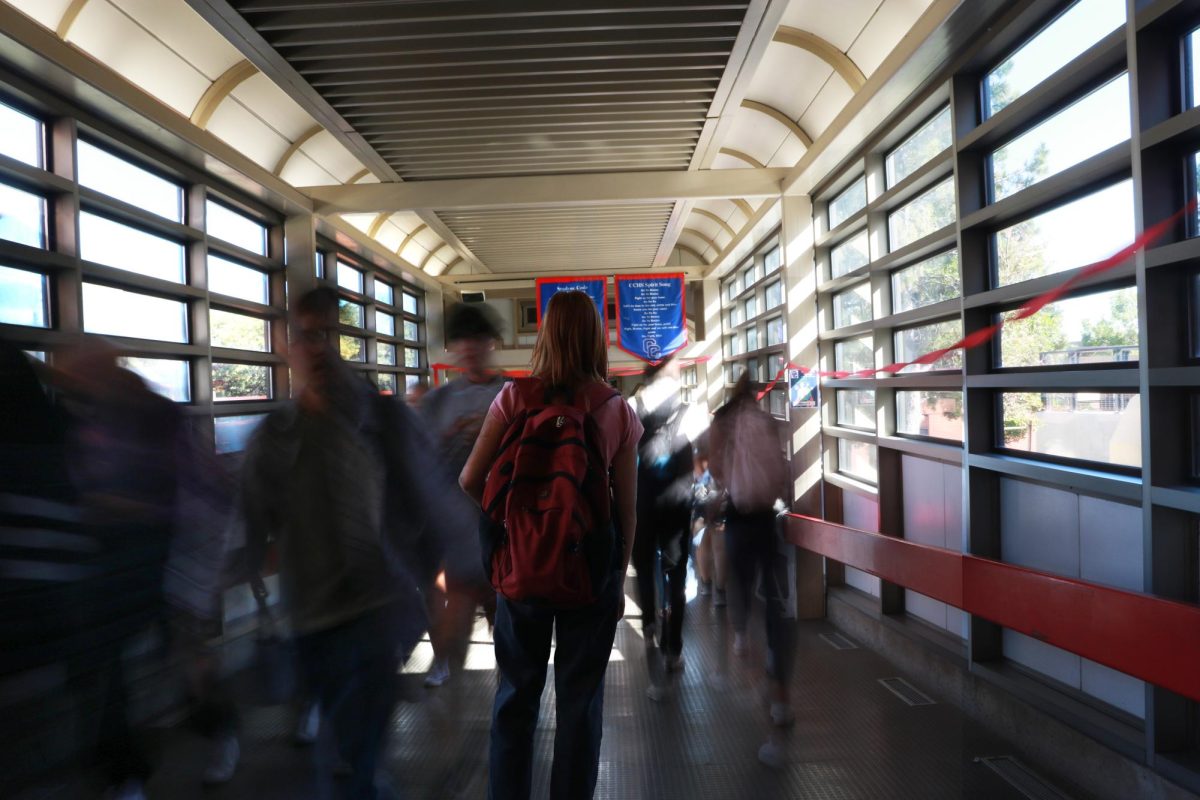
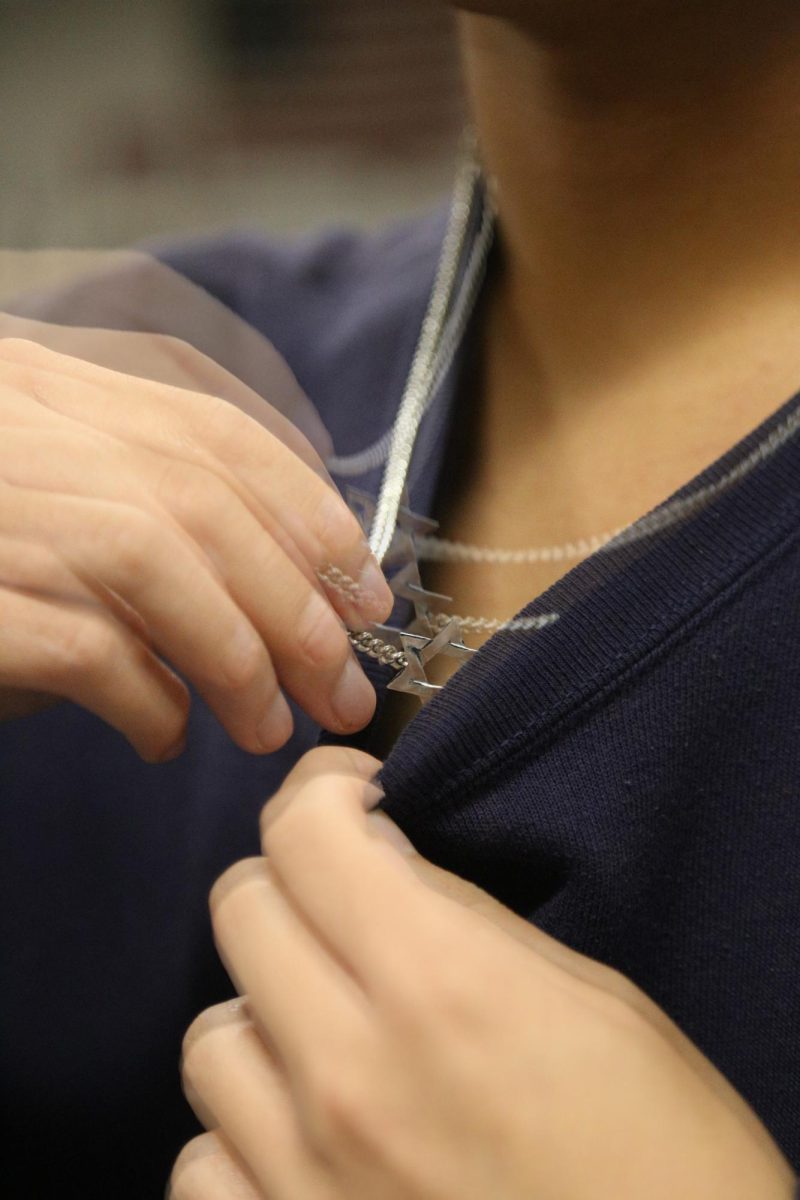
![In a recent surge of antisemitism nationally, many have pointed towards social media and pop culture as a source of hate. “Many far-right people have gone on [X] and started just blasting all their beliefs," Sophomore Scott Weiner said.](https://unionstreetjournal.com/wp-content/uploads/2023/10/antisemitism-popculture-2-1200x675.jpg)
